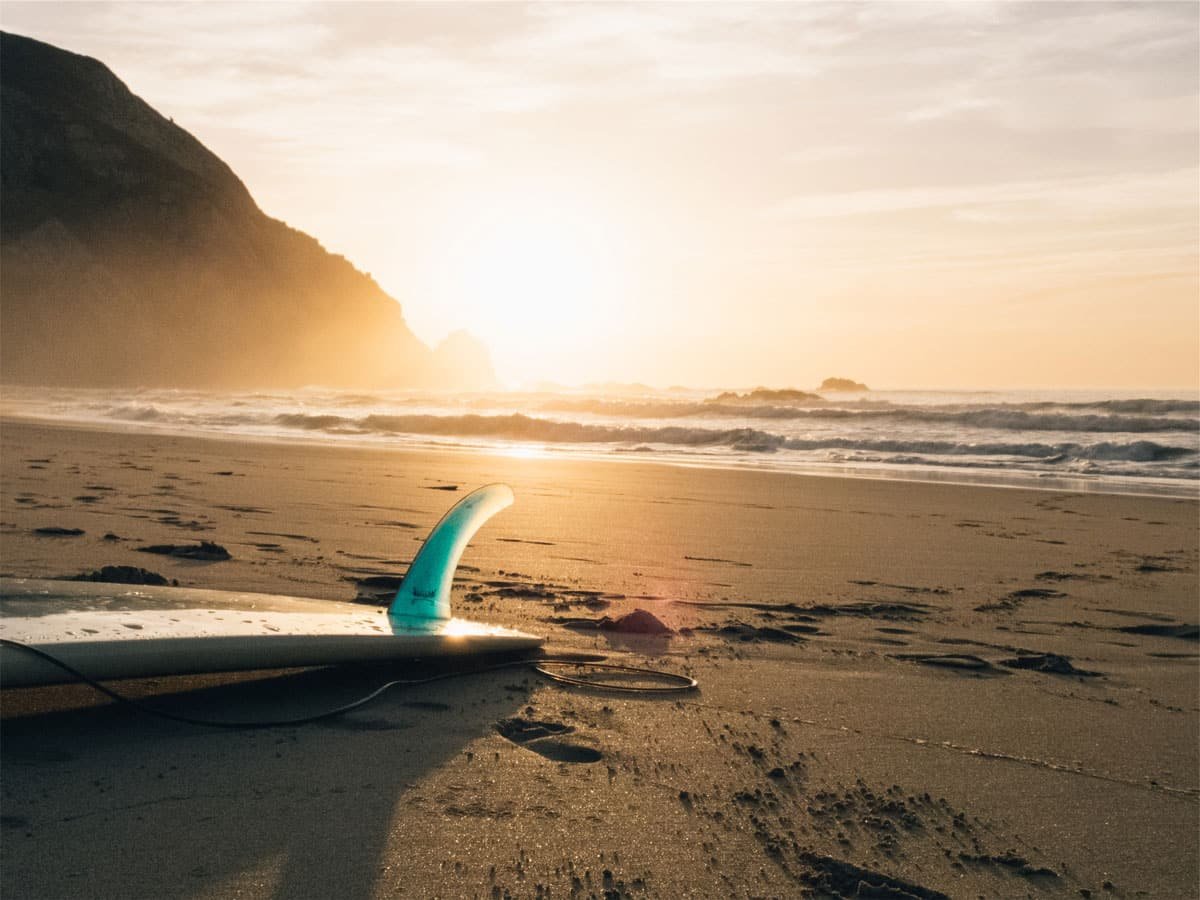Pond fishing offers a serene and intimate angling experience, allowing anglers to connect with nature and reel in a prized catch in a tranquil environment. To succeed, mastering is crucial to understand the delicate balance of the ecosystem, respect local regulations, and adopt responsible fishing practices. Familiarize yourself with the unique strategies and techniques that increase chances of catching fish, and adapt to the pond's conditions and fish behavior. By mastering the intricacies of pond fishing, you'll be well on your way to landing a big catch. With the right approach, gear, and techniques, the possibilities are endless, and the rewards are waiting to be discovered.
Key Takeaways
- Understand the pond's ecosystem and fish behavior to increase chances of a successful catch.
- Familiarize yourself with local regulations, bag limits, and private property permissions before fishing.
- Choose the right tackle, bait, and fishing technique based on the target species and water conditions.
- Approach the shoreline slowly and quietly to avoid spooking fish, especially on sunny and calm days.
- Adapt your fishing strategy according to the pond's unique conditions, including water clarity, temperature, and structural features.
Pond Fishing Essentials
Before you cast a line in a pond, understanding the fundamental principles of pond fishing, including the rules, techniques, and gear necessary for a successful and enjoyable experience is paramount. Pond fishing requires a deep understanding of pond ecology, where the delicate balance of the ecosystem can be easily disrupted. Fishing ethics play a pivotal role in maintaining a healthy pond environment. Respect for the property, environment, and fellow anglers is imperative. Familiarize yourself with local regulations, bag limits, and private property permissions. By adopting responsible fishing practices, you'll not only guarantee a successful catch but also contribute to the preservation of pond ecosystems for future generations.
How to Fish in Ponds
As you prepare to cast your line in a pond, it's essential to understand the unique strategies and techniques that will increase your chances of reeling in a prized catch. Ponds are small bodies of water, and their fish populations can be affected by minor changes in the ecosystem. To succeed, you need to take into account the water conditions and fish behavior. Look for areas with structural features like submerged logs, docks, or trees, which provide food, shelter, and shade for fish. Approach the shoreline slowly and quietly to avoid spooking fish, especially on sunny and calm days. By adapting to the pond's unique conditions and fish behavior, you'll be well on your way to a successful catch.
Pond Fishing Gear
When it comes to pond fishing, the right gear can make all the difference between a successful catch and a fruitless outing, and a medium-action spinning rod and reel with 6-10 pound test monofilament fishing line is a suitable combination for tackling the variety of fish species found in ponds.
| Gear | Description |
|---|---|
| Rod and Reel | Medium-action spinning rod and reel for tackling various fish species |
| Fishing Line | 6-10 pound test monofilament fishing line for strength and durability |
| Hooks | Sizes 8 to 4 for targeting different fish species |
| Baits | Live baits like night crawlers, minnows, crickets, and waxworms for attracting multiple fish species |
Remember to respect pond conditions and adhere to fishing etiquette to promote a successful and enjoyable fishing experience.
Effective Fishing Techniques
Effective fishing techniques in ponds often rely on a combination of careful observation, strategic casting, and adapting to the unique characteristics of the waterbody, as well as the target species. To maximize your catch, note the water conditions, taking into account factors such as water clarity, temperature, and structure. Regular tackle maintenance is also vital, ensuring that your gear is in good condition to land those fish. By understanding the waterbody's nuances and adapting your technique accordingly, you'll increase your chances of success. For instance, adjusting your casting technique to accommodate wind direction or water depth can make all the difference. By combining these elements, you'll be well on your way to becoming a skilled pond fisherman.
Pond Fishing Strategies
In pond fishing, a well-planned strategy can make all the difference between a successful catch and a disappointing outing, as it allows anglers to adapt to the unique characteristics of the waterbody and the target species.
To develop an effective strategy, consider the following key factors:
- Water Clarity: Adjust your tactics according to the pond's water clarity, as clear water may require more stealthy approaches, while murky water may call for louder presentations.
- Fish Migration: Take into account the seasonal fish migrations and adjust your fishing spots and techniques accordingly.
- Structural Features: Identify structural features like drop-offs, weed beds, and sunken logs that can attract fish and plan your approach around them.
- Time of Day: Adapt your strategy to the time of day, as different species may be more active during specific periods.
Fishing in Private Ponds
Fishing in private ponds offers a serene and intimate angling experience, with the added benefit of potentially having the entire waterbody to oneself, but securing permission from the landowner beforehand is vital. Private access to these hidden gems can be a game-changer for anglers seeking a more exclusive experience. Landowner permission is essential, as it not only shows respect for the property but also guarantees a peaceful and uninterrupted fishing experience. Before casting a line, always request permission and clarify any rules or regulations set by the landowner. By doing so, you'll be able to enjoy the tranquility and seclusion that private ponds have to offer, while also respecting the property and its owner.
Pond Fishing Tips
When it comes to reeling in a big catch in a pond, a combination of strategic planning and attention to detail can make all the difference between a successful day on the water and a disappointing one. To increase your chances of landing a big catch, understand that mastering the intricacies of pond fishing is crucial. To do so,
- Familiarize yourself with the pond's ecosystem and fish behavior.
- Practice good fishing etiquette, respecting the property and environment.
- Choose the right tackle and bait for the type of fish you're targeting.
- Approach the shoreline slowly and quietly to avoid spooking fish.
Fishing Resources Guide
A wealth of online resources and tools is available to help anglers refine their skills, stay up-to-date on the latest fishing news, and explore new fishing spots, making it easier than ever to plan a successful pond fishing trip. Online forums and fishing communities, such as social media groups and online discussion boards, provide a platform for anglers to share knowledge, ask questions, and learn from each other's experiences. These resources also offer access to fishing reports, weather forecasts, and water condition updates, ensuring that anglers are well-prepared for their next outing. By tapping into these resources, pond fishermen can gain valuable insights, improve their skills, and enhance their overall fishing experience.
Frequently Asked Questions
What Is the Best Time of Day to Fish in a Pond?
When it comes to the best time to fish, early morning and late evening hours often yield the most success, as fish tend to be most active during these periods of changing light and increased feeding activity.
Can I Fish in a Pond During the Winter Months?
As the old adage goes, 'there's no bad weather, only bad gear.' When it comes to winter pond fishing, having the right Winter Gear is vital. Provide Ice Safety by dressing warmly, wearing crampons, and carrying a flotation device to stay afloat.
How Do I Handle a Fish After Catching It in a Pond?
When handling a caught fish, prioritize fish welfare by using gentle netting techniques, supporting the fish's belly, and keeping it out of water for minimal time to prevent stress and injury, ensuring a safe and humane release.
Are There Any Specific Pond Fishing Techniques for Beginners?
"Stepping into the serene world of pond fishing, beginners should start by understanding the pond's ecosystem. Techniques like bottom-bouncing with weighted lines and choosing the right hook type for water clarity can make all the difference in landing a prized catch."
Can I Fish in a Pond With a Makeshift Fishing Rod?
When it comes to improvising, makeshift fishing rods can be creative solutions, but for a successful catch, reliability is key. Invest in proper DIY gear or improvised tackle to guarantee a sturdy, durable setup that won't let you down.
Conclusion
In summary, pond fishing is a delicate dance between angler and environment, where a subtle misstep can upset the ecological balance. By mastering the intricacies of pond fishing, anglers can reel in a bountiful catch, much like a maestro conducts a harmonious symphony. By adhering to best practices and regulations, pond fishing can be a sustainable and rewarding experience, providing a tranquil escape from the hustle and bustle of daily life.








